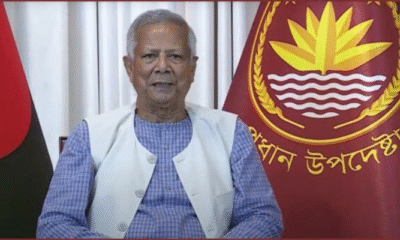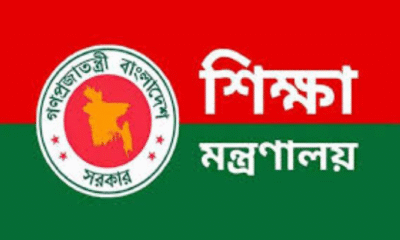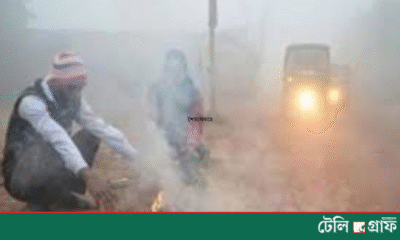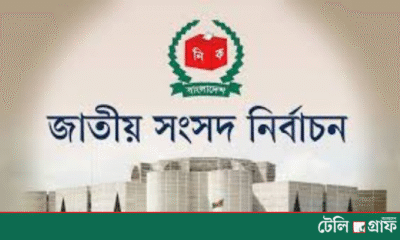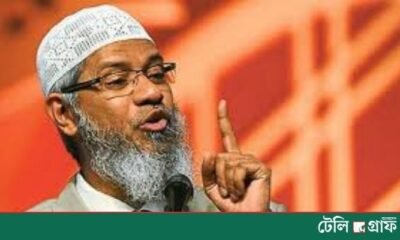Politics
August 5: A Turning Point in Bangladesh’s Politics and Economy
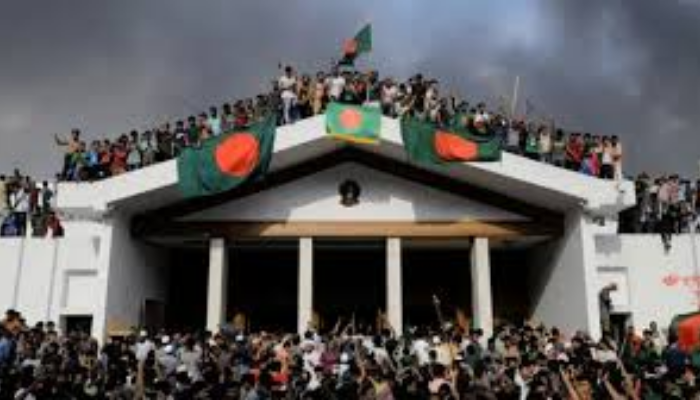
Political Context
August 5, 2024, stands as a landmark date in Bangladesh’s political history. Known as “July Uprising Day,” it marked the end of prolonged political unrest, authoritarian rule, electoral fraud, and state repression.
The long-ruling Awami League government faced growing accusations of election irregularities, corruption, and human rights violations. Increasing public protests and mounting international pressure eventually pushed the situation beyond control.
On this day, then-Prime Minister Sheikh Hasina was forced to leave the country, creating a power vacuum. An interim government assumed office, which many viewed as the beginning of a democratic revival in Bangladesh.
Political Impacts
- Rise in Democratic Expectations:
Citizens became more hopeful about a new political system. Calls for an overhauled Election Commission and for free and fair elections grew louder. - Realignment of Party Politics:
The ouster of the Awami League opened the door for new political alliances, with opposition forces moving quickly to expand their influence. - Law and Order Challenges:
The power shift triggered violence and uncertainty in some regions, posing serious challenges for law enforcement agencies.
Economic Impacts
Short-Term Effects:
- Disrupted Transactions: Public holiday and political unrest temporarily halted banking, stock market operations, and business activities.
- Investor Hesitation: Both domestic and foreign investors delayed decision-making due to political uncertainty.
- Export and Trade Delays: Slowdowns were observed in port operations and transportation.
Long-Term Prospects:
- Opportunities for New Investments: A stable political climate could encourage higher foreign investment.
- Restoration of Business Confidence: Improved governance and accountability could positively impact commercial activities.
- Employment Growth Potential: Over time, expansion in the industrial and service sectors could reduce unemployment.
Public Sentiment
Most citizens welcomed the political shift positively, seeing it as an opportunity for reform. However, some expressed concerns that without responsible political leadership, the nation could slip back into authoritarianism or political deadlock.
Conclusion
August 5 was not just a day of political change—it was a defining moment for Bangladesh’s economic and social future. The opportunities created by this transition will only bear fruit if political parties, the business community, and citizens work together. With stability and good governance, Bangladesh could embark on a new journey toward sustainable development.
Bangladesh
Govt likely to hold national election, referendum simultaneously
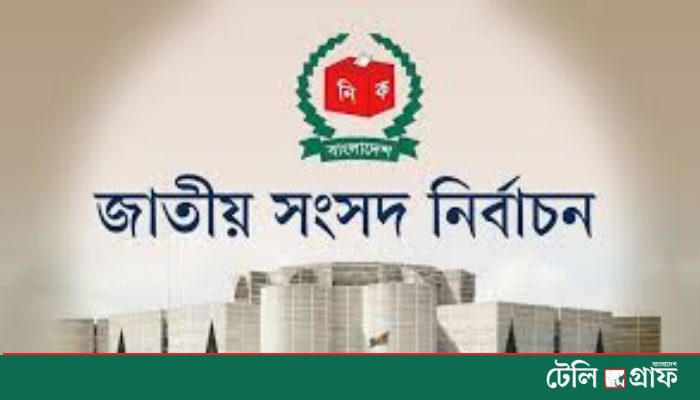
The interim government is leaning toward holding the upcoming national election and the referendum on the “July Charter” on the same day, following a lack of consensus among political parties over the timing of the vote, according to government sources.
While parties like the BNP have supported holding both the national election and the referendum simultaneously, Jamaat-e-Islami and the NCP insist the referendum should be held beforehand. As no consensus was reached during Wednesday’s meeting, the National Consensus Commission has delegated the authority to set the date to the government.
Sources say the government is prioritizing a joint election-referendum plan considering administrative convenience, financial savings, and national stability. The Election Commission (EC) has reportedly given informal approval, noting that simultaneous voting would significantly reduce costs and logistical challenges.
Experts, however, caution that holding two votes on the same day will increase pressure on the EC and require extensive voter awareness campaigns to avoid confusion.
The Consensus Commission held separate meetings with Jamaat and NCP leaders on Saturday, both of whom reiterated their preference for an earlier referendum. Later that day, the commission’s members met with Chief Adviser Dr. Muhammad Yunus, where a preliminary decision was made to hold both votes together.
The signing ceremony of the July Charter is scheduled for Friday at the South Plaza of the Jatiya Sangsad Bhaban, after which the government is expected to officially announce the date for the referendum.
Politics
Arguments Begin in July-August Atrocities Case Against Sheikh Hasina and Two Others
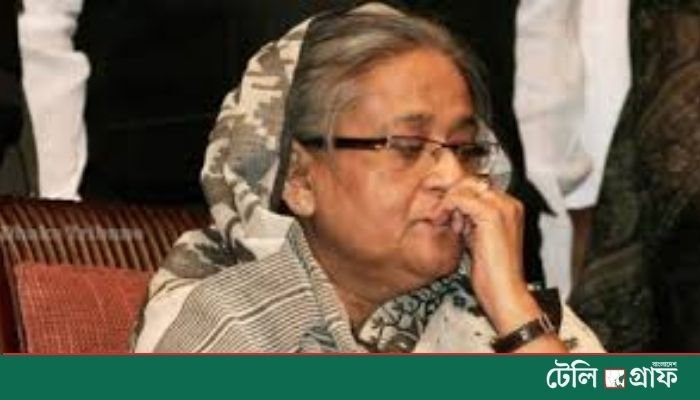
Closing arguments in the July-August atrocities case against former Prime Minister Sheikh Hasina and two others began on Sunday (October 12) at the International Crimes Tribunal-1. The prosecution’s argument session is being broadcast live.
A total of 54 witnesses have testified in the case, including investigation officer Md. Alamgir. He stated that over the past 15 years, the government led by Sheikh Hasina allegedly sought to maintain power through enforced disappearances, killings, torture, and repression of political opposition.
According to the investigation, during the July-August protests, killings occurred at 438 locations across 41 districts, while lethal weapons were used in more than 50 districts. Official data indicates that law enforcement fired approximately 305,000 rounds of ammunition to suppress the movement.
Prosecutor Gazi M.H. Tamim said that the presentation of arguments marks the final stage of the war crimes trial. Once completed, the case will be kept awaiting verdict.
Politics
Candidate Under Fire for Campaigning with ‘Shapla’ Symbol Before Approval
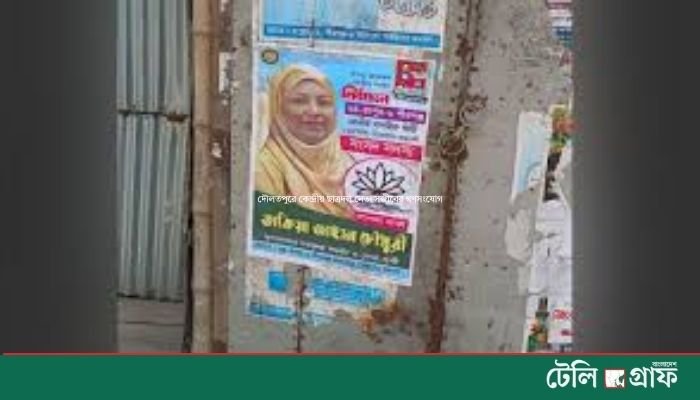
A controversy has erupted in Rangpur’s Pirganj constituency after National Citizen Party (NCP) nomination-seeker Takiya Jahan Chowdhury put up posters seeking votes under the “Shapla” (water lily) symbol — before the Election Commission (EC) officially allocated party symbols.
Posters across Pirganj upazila feature her photo and the message: “Takiya Jahan Chowdhury, NCP candidate for Rangpur-6 (Pirganj), seeks your support and prayers under the Shapla mark.”
Takiya Jahan defended the move, saying, “The posters were printed before any dispute over the election symbol arose. They were put up by mistake.”
The NCP has reportedly been in discussions with the Election Commission regarding its preferred symbol, as the dispute over official allocation remains unresolved.
Party sources said Takiya Jahan is not a formal member but has been actively participating in political programs since the fall of the Awami League government during the mass uprising on August 5.
NCP Joint Chief Organizer (North) Asadullah Al Galib said, “She is a supporter, not yet a member. Many are promoting themselves as potential candidates. People already associate the NCP with the Shapla symbol, so it’s hard to restrict such campaigns.”
Takiya Jahan had previously contested the 12th national elections from the same constituency as an independent candidate.
-
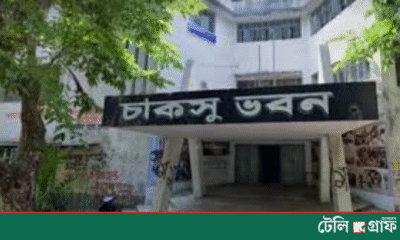
 campus22 hours ago
campus22 hours agoAfter 36 Years, CU Students Vote in Long-Awaited Central Union Election
-
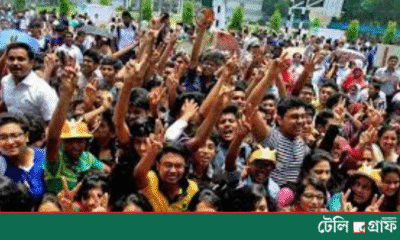
 EDUCATION21 hours ago
EDUCATION21 hours agoHSC and Equivalent Exam Results to Be Published on October 16
-
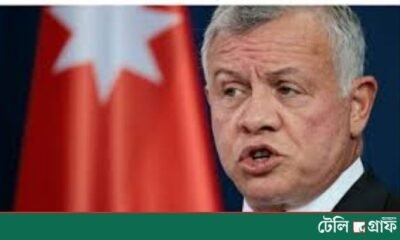
 International1 day ago
International1 day agoJordan’s King Abdullah warns: “Without a Palestinian state, the Middle East will collapse”
-

 Crime and Justice2 days ago
Crime and Justice2 days agoLand dispute turns deadly in Chuadanga: One killed, three injured
-

 International2 days ago
International2 days agoIsrael kills three Palestinians accused of crossing Gaza ceasefire line

